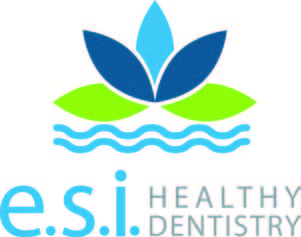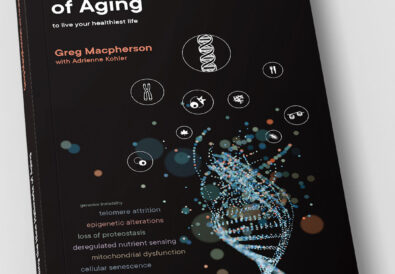Nothing fascinates us more than the miracle of life. When a woman is pregnant there are a myriad of emotions: excitement, joy, anxiety, even fear. We want everything to be perfect while the “bun is in the oven.” We are cautious, proactive and vigilant. It’s a time for prenatal vitamins, eating healthy and taking care of “mama” at all costs. But what about oral health care? Most of the time it is avoided and misunderstood by pregnant patients but also physicians and even dentists. You would be shocked to know that only 22-34% of American women consult a dentist during pregnancy.
The truth of the matter is pregnant women are at a higher risk of tooth decay because of increased acidity in the oral cavity, sugary cravings and limited attention to oral health. High levels of cavity producing bacteria in mothers lead to increased cavities in infants.
Let’s face it! Your mouth is not the same when you are pregnant. There are many changes in the mouth due to the hormonal changes, imbalanced diet, stress, weakened immune system and increased acidity. You literally have a cocktail of hormones running through your veins. Therefore, the way your mouth reacts to bacteria is exaggerated. Patients can suffer from gum overgrowth, vascular lesions, canker sores and candidiasis.
Teeth can become loose due to increased levels of progesterone and estrogen. Don’t worry, though; this is reversible. Gingivitis is by far the most common oral disease during pregnancy. About 50% of women with gingivitis have significant exacerbation during pregnancy. Many women are scared to get a dental cleaning during pregnancy because they are afraid it might hurt the baby. It’s actually counterintuitive because if mommy has a clean mouth she will have less inflammation and bacteria, and that is better and healthier for the baby.
Gum disease like gingivitis and, even worse, periodontitis, raise production of inflammatory markers like interleukins and prostaglandins. They are found in the amniotic fluid and can cause complications such as low birth weight babies and preterm births. There are many studies that reveal gum treatment such as dental cleanings result in a profound decrease in the incidence of preterm delivery. Conversely, women who gave birth to preterm / low birth weight babies had high levels of periodontal toxins in their plaque compared to women with normal weight babies.
When we take a closer look, we correlate that in normal pregnancy, prostaglandin production gradually increases throughout the gestational period and when the level reaches a certain threshold, labor is triggered. With periodontitis, these levels reach a higher level too soon, thereby inducing labor early. Research clearly suggests that periodontal therapy reduces the risk of premature births as well as low birth weight babies. In fact, women with periodontal disease have more than 5 times the incidence of these adverse effects. The moral of the story is that health care professionals need to screen and treat gum disease as part of prenatal care. It is vital that women of childbearing age practice good dental hygiene.
Managing pregnant patients should include routine dental care, especially hygiene and periodontal treatment. Special emphasis is placed on positioning the patient slightly elevated. X-ray imaging is not contraindicated as long as the right protocols are followed. Necessary treatment including emergencies, urgent and routine care can be provided during pregnancy with the ideal time period being the 2nd trimester. If you have a loved one who is pregnant or plans to be, please spread the good word.
 Jimmy Kilimitzoglou, DDS, FACD, FPFA, DABOI, MAGD, FAAID, FICOI ESI Healthy Dentistry 42 Terry Road, Smithtown, NY 11787 Tel (631) 979 7991 / Fax (631) 979 7992 dental@esihealthydentistry.com www.esihealthydentistry.com
Jimmy Kilimitzoglou, DDS, FACD, FPFA, DABOI, MAGD, FAAID, FICOI ESI Healthy Dentistry 42 Terry Road, Smithtown, NY 11787 Tel (631) 979 7991 / Fax (631) 979 7992 dental@esihealthydentistry.com www.esihealthydentistry.com
– A D V E R T O R I A L –




















